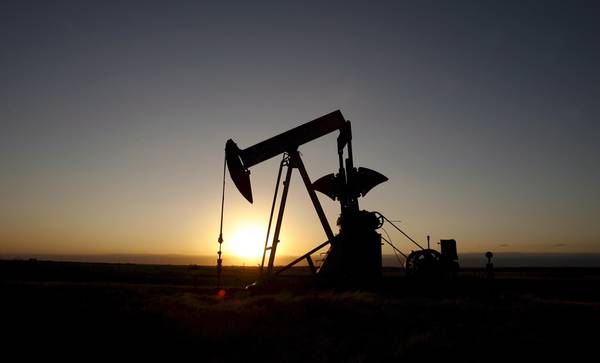Energy, New Europe still resourceful, Italy at risk
Study, imminent exaustion gas, carbon, petroleum resources
21 May, 17:06by Stefano Giantin
(ANSA) - TRIESTE - A striking energy crisis caused by the impending extinction of non-renewable natural resources is conceivably close in most of Western Europe, with negative highs in France, Italy, Great Britain and, to a lower extent, Germany, according to a study produced by the Global Sustainability Institute (Gsi), consulted by ANSA New Europe. These problems regard to a lower extent the region of New Europe (Central, Eastern Europe, the Balkans), which still hides important reserves of carbon, natural gas and petroleum. In the study, which was elaborated by gathering the most recent data about non-renewable resources and their current consumption, it is underlined that in Western Europe, with the exclusion of the Netherlands and Denmark (10-30 years of reserve left) and Norway (more than 100 years), the natural gas reserves would dry out within the next five years at current rhythms of consumption. In the East, Albania has the best prospects (more than 100 years worth of natural gas reserves), followed by Serbia and Ukraine (10-30 years), Poland and Croatia (5-10 years). The outlook is negative for petroleum as well. The European oil reserves will dry out within two years in the majority of the continent, with the exception of Denmark (10-30 years of reserve), Great Britain (2-10 years), and Norway (more than 100 years), according to Gsi report. On the other hand, in Belarus, Ukraine, Romania, Serbia, Croatia the petroleum reserves are likely to endure another 10-30 years, in Albania 30-100 years. While Germany should be able to count on more than 250 years of carbon reserves, it is likely that the majority of Western Europe will exaust its reserves within the next 5-10 years. The future of the extraction therefore is in Eastern and Central Europe.
The reserves estimated by GSI in Slovakia, Slovenia, Macedonia, Montenegro, and Greece should guarantee another 30-100 years of extraction, with best predictions for Poland (34 years), Bulgaria (73 years), and over 100 year for Bosnia and Herzegovina, Serbia, Albania, Ukraine and Belarus. In Russia, it is likely that the petroleum reserves will last another 50 years, while natural gas should last for another 100 years, with carbon reserves exctinction predicted in 500 years, as underlined in a note added to the study document. In the same note, the researchers indicated that Italy has less than one year of gas and carbon reserves left, and one year of petroleum.
The Great Britain is in a slightly better situation (5,2 years left of petroleum, 4,5 of carbon, 3 of gas). As for Germany, while carbon reserves are still rich, the same cannot be stated for petroleum (less than one year left) and natural gas (2 years). The director of GSI, Aled Jones, pointed out that the maps relative to the study show the "vulnerability of some parts of Europe and design the image of European economy in high debt and ever more under pressure of the rising global prices of energy", "It is of vital importance that those who determine the European political agenda comprehend our economic fragility", Jones added in a note, "The Eu is becoming ever more dependent on its neighbours rich in resources, like Norway and Russia. This trend will continue unless decisive innovative actions are taken, aiming at wind, waves, solar energy".
The Italian researcher at the Institute for Economic Research on Firms and Growth (CERIS) within the Italiabn National Research Council (CNR) and one of the collaborators in the GSI study, Irene Monasterolo, told ANSA that the study "aims at informing policy-makers about the undisputable impact the limited nature of non-renewable resources has on the socio-economic development". Monasterolo underlined that there was "urgency for action" at a political level in terms of supporting "green" investments, in order to guarantee for a more resilient resource management, and thus the quality of life of the future generations and of the Planet". (ANSA).














